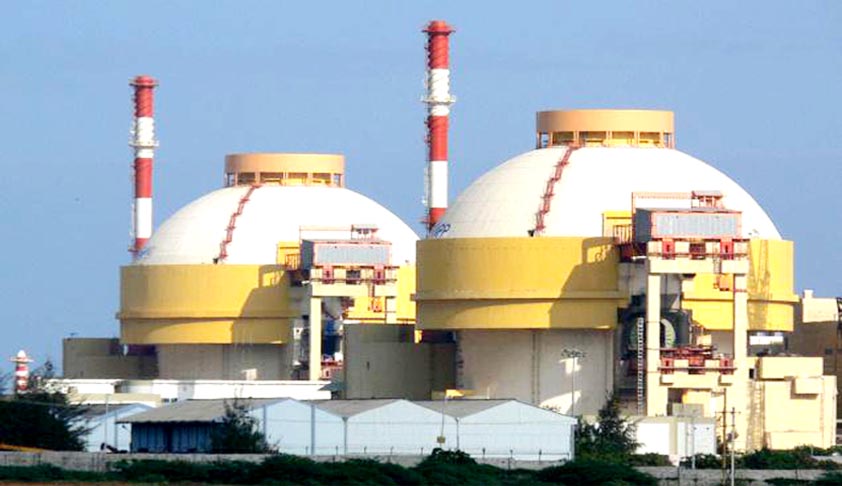SC Seeks Compliance Report On Directions Issued In 2013 Regarding Kudankulam Nuclear Plant
Mehal Jain
23 April 2018 5:57 PM IST

Next Story
23 April 2018 5:57 PM IST
A Supreme Court bench of Chief Justice Dipak Misra, Justice DY Chandrachud and Justice AM Khanwilkar on Monday directed Additional Solicitor General Tushar Mehta to file an affidavit on the compliance of the directions issued by the apex court in the 2013 judgment on G Sunderrajan v. UOI, pertaining to the setting up of a nuclear power plant in the South-Eastern tip of India, at Kudankulam...
